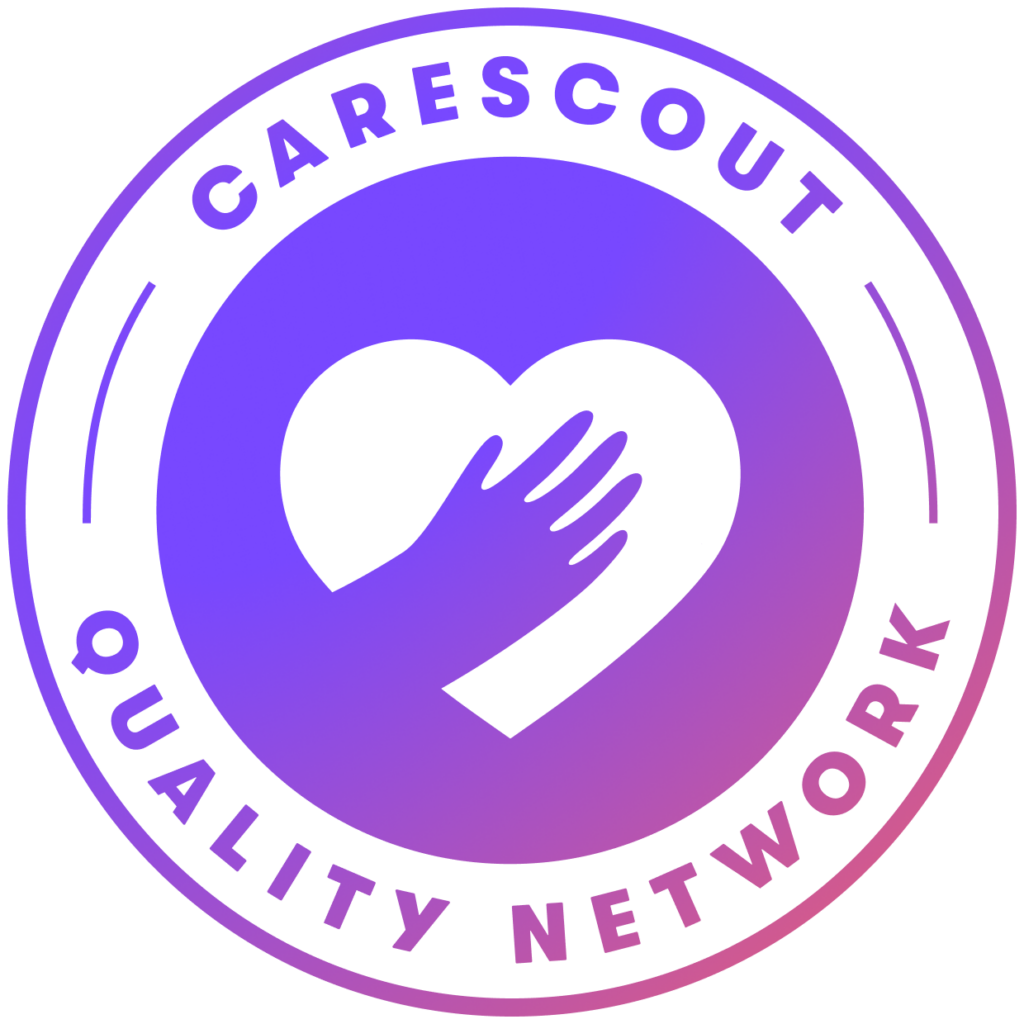Assisted Living Care
Long Island, NY
Read Our Testimonials
If your loved one has been living alone or with you, transitioning to assisted living care can feel overwhelming. Many families worry about whether an assisted living facility (ALF) will meet their loved one’s specific needs or if they’ll feel isolated in a new environment.
This concern is understandable. While many assisted living facilities have skilled, attentive staff, they may not always provide enough one-on-one time for every resident. At SeniorCare Companions, we offer individualized assisted living care across Long Island to ensure that every senior receives the personal attention they deserve.
Why Choose SeniorCare Companions?
While assisted living facilities on Long Island can offer great care, they may not always meet every resident’s specific needs. That’s where SeniorCare Companions steps in. Our companions provide personalized care that goes beyond standard ALF services, offering emotional support and companionship that make seniors feel more comfortable and less isolated.
At SeniorCare Companions, we understand that each senior is unique. Our staff takes the time to learn about your loved one’s preferences, hobbies, and interests. This individualized approach ensures that their time in an ALF is filled with meaningful interactions and personal connection.
Benefits of Assisted Living Care Companions
While assisted living care can be costly, the benefits often outweigh the expense:
- Improved daily routine:ALF staff provide support for everyday activities, ensuring your loved one has the help they need to navigate their day confidently.
- Increased sense of security:Aging comes with new challenges, and Long Island’s roads can be dangerous for seniors. ALF staff are available 24/7 to assist, reducing the risk of accidents and giving families peace of mind.
- Greater peace of mind:With on-site staff ready to help, your loved one will feel supported, reducing the anxiety often associated with aging.
- Better financial management:Seniors often face challenges managing their finances. ALFs can provide oversight to ensure your loved one stays on track, avoiding missed bills or financial hardships.
- Social connections:Many seniors become isolated as they age. ALFs provide opportunities to engage with peers, which can boost emotional well-being and prevent depression.
Assisted Living vs. Skilled Nursing: What’s The Difference?
Understanding the difference between assisted living and skilled nursing can help you make the right choice. Assisted living facilities (ALFs) provide support with daily activities, such as meal preparation, dressing, and grooming. In contrast, skilled nursing facilities (SNFs) offer more intensive care for individuals requiring medical attention, such as IV therapy or dementia and Alzheimer’s care.
If your loved one needs assistance with daily tasks but does not require around-the-clock medical supervision, an ALF in Long Island may be the ideal solution. ALFs also provide 24/7 emergency assistance, offering peace of mind for families.
Contact Us Today
For over 15 years, we have been helping families in Long Island transition their loved ones into assisted living environments. We partner with reputable organizations like the Alzheimer’s Disease Resource Center and the Home Care Association of America to provide the highest level of care.
With our help, your loved one will not only receive the assistance they need but also thrive emotionally and socially in their new environment. Contact usto learn more about how we can enhance your loved one’s assisted living care experience.







